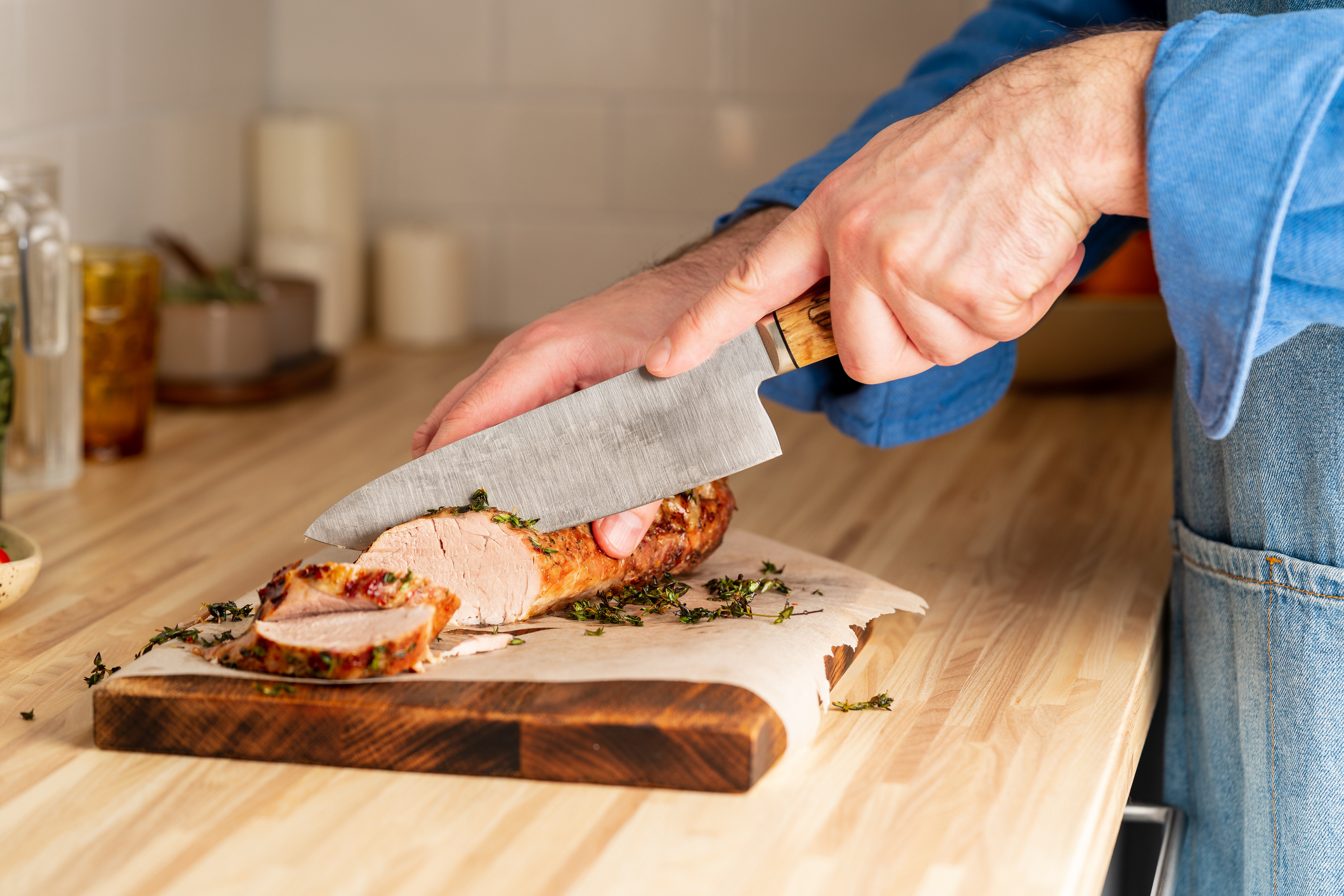

Dear Reader,
I wrote this article a couple of years ago, but I believe it will never go out of style. Right now so many people are resolving to make drastic diet changes for many reasons including better health or body image. But you should be aware that extreme and restrictive diets have drawbacks. I hope you’ll read this and be kind to yourself in the new year. Best of luck! — Margaret
I read something a few days ago that I believe is the best argument yet for a well-rounded diet.
And that’s a big deal in today’s diet-crazed world, where, from one day to the next, this diet or that diet is being pushed by dieticians, fast-talking TV personalities and other so-called experts, onto desperate people looking for one answer to solve all their health and weight problems.
Of course, the diet industry is a huge money-maker. So, it’s easy to see why greedy wannabes are quick to weave together some pseudoscience to produce the next best-selling diet book — complete with a weekly eating plan (that’ll cost you extra) and an exercise component (that’s extra, too) — and rake in a cool million before the next fad topples them from the best-sellers list.
Now, you might think this rant odd coming from someone like me who is a self-professed fan of the Paleo diet — or, in all actuality, a Paleo-styled diet. Even though I feel its basic guidelines have many benefits, I do fudge them just a little.
Because the thing about a paleo-style diet is I consider it to be a little more well-rounded (those only eating nothing but meat are doing it wrong!) than say Atkins (low carb)… or Keto (severely limited carbs)… and definitely more so than a strict vegan (no animal products), or slightly-less strict vegetarian diet (no meat, but dairy/eggs ok) or plant-based diet.
And it all has to do with the fact that pork fat has been given a much higher nutritional score than kale, broccoli or Coho salmon — but most of you are afraid to eat it.
Food groups come together for the best nutrition
You see, most all-natural foods provide a benefit to the human body… even pork fat.
That’s why any diet that advises severely limiting or quitting one food group entirely is going to have repercussions eventually. The same goes for diets where too much of one food is eaten. My friends who used the Paleo diet as an excuse to eat meat, meat and more meat, with scant fruits or veggies, are looking for trouble. And here’s why…
Researchers, as reported in PLOS ONE, have dug deep into quantifying the nutrient balance of foods. It’s referred to as “nutritional fitness.”
It was these researchers that assigned a higher nutritional score to pork fat (8 on the list of 100 foods) and assigned kale 31, broccoli 94 and Coho salmon 54.
Then they went further and looked at food combinations and saw how eating, for instance, two foods together had a synergistic effect — meaning that even if two foods had little nutritional impact when eaten separately, eating them together was nutritionally valuable.
So what happens when there’s not enough diversity on your plate to make these nutritional combinations happen?
Most of the diets where one food group, like carbs, is severely limited, are fairly new. Who’s to say that 15 years down the road, we see very negative health issues resulting in people who followed these kinds of diets to a T?
There has already been research reporting that eating too much and too little carbs can increase your risk of dying early — a strong indication that moderation and a well-balanced mix of whole food are preferable.
Years ago, hordes of people gave up healthy fat for low-fat, drinking dairy alternatives and skipping cheese. Then we were told to give up meat to the point that if you eat it you’re considered a caveman… and we wonder why we, as a country, are sick.
It’s becoming clearer that a less diverse food plate is not how to achieve health.
With that being said there is one food to avoid no matter what: ultraprocessed food.
Learning from past mistakes
The low-fat craze is probably why you may be surprised to learn that pork fat is not nearly so bad. Pork fat is more unsaturated and healthier than lamb or beef fat. It’s also a good source of B vitamins.
However, the perpetrators of the low-fat myth did a great job convincing generations that all fats are bad and should be avoided.
Fat helps the body absorb nutrients better. So, if you enjoyed a kale salad with your pork dinner, your body would benefit more from the phosphorus, iron, calcium, and vitamins A and C the kale has to offer. Add in a small sweet potato (ranked number 100), rich in beta-carotene and a complex carb (avoid refined carbs), and you’d have a nutritionally balanced plate that wouldn’t set you up for diabetes and heart disease.
My aim here is not to endorse the pork industry, but to provide a view beyond the narrow scope of diet crazes.
It’s easier to just eat a variety of whole foods than constantly worrying about what you should and shouldn’t eat. Consider moderation and portion sizes if weight is your main concern. Avoid processed foods at all costs.
Go ahead and view the complete list of foods and their nutrient fitness scores I referenced for this post. Unless you have an illness or allergy that merits avoiding a specific food group (I gave up grains due to gluten sensitivity), start mixing them up on your plate.
Sources:
Uncovering the Nutritional Landscape of Food — PLOS One


